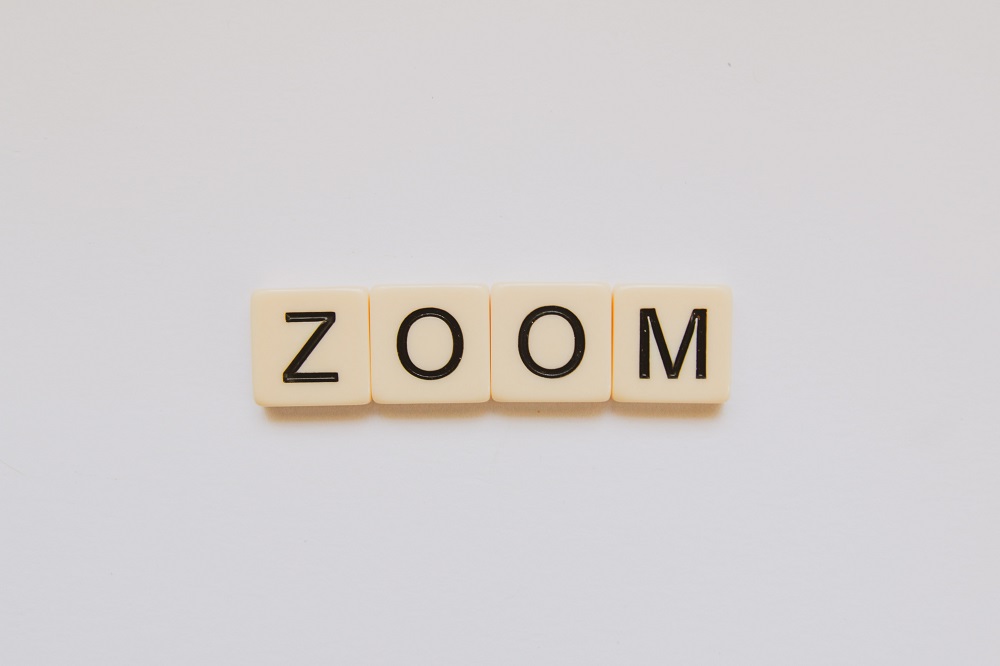Advertisement
Back in March as the coronavirus pandemic gathered steam in the U.S., a largely unheralded video-conferencing service suddenly found itself in the spotlight.
And just as quickly as Zoom became a household name for connecting work colleagues, church and school groups, friends, family, book clubs and others during stay-at-home lockdowns, it also gained a reputation for lax security as intrusive “videobombers” barged into private meetings or just spied on intimate conversations.




